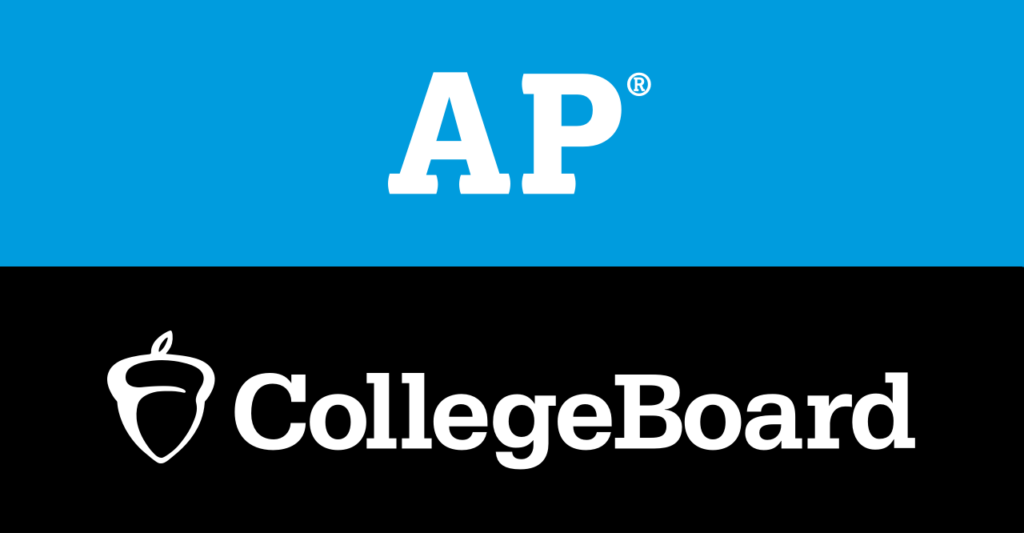Responding to the Covid-19 crisis, the College Board recently announced it would switch to a greatly pared down set of 45-minute free-response AP exams to be administered May 11-22. Students will take the tests online at home at the same time; a complete schedule of exam dates and times can be found on the College Board website.
The tests, which will consist of two to three timed questions, will be open-note and open-resource. For AP world language and culture courses, students will need to perform two spoken tasks.
All exams will only cover content that most AP teachers have taught in class by early March. A complete list of the topics covered for each class can be found on the College Board website.
Although some teachers, such as AP Biology teacher Cheryl Lenz, follow a different curriculum order than the College Board prescribes, most have already covered the majority of the content that will be tested and are planning to wrap up any new material and help students review for the exams. Some, like Lenz and AP Calculus BC teachers Audrey Warmuth and PJ Yim, have already covered almost the entire year’s worth of content and are simply forging ahead to provide students with a holistic understanding of course material before turning to review.
To curb cheating, the College Board will employ digital security tools, such as plagiarism detection software. Alternatively, students may upload photos of handwritten work.
Teachers will also receive copies of their students’ tests by May 26. They will verify that students have done their own work.
Those who are caught discussing test questions with others or submitting work that mirrors someone else’s will have their AP scores canceled. The College Board will also notify any colleges to which a student has sent or will send any College Board scores, including SAT scores.
Despite allowing students to access notes and class resources, the College Board emphasized that they designed this year's exams so that students need to apply concepts from those resources in novel ways. The lack of time to do questions should deter students from sifting through notes for too long.
The College Board added that those who choose to cancel their examinations can do so without paying the usual $45 cancellation fee. Students who had planned to take the AP Calculus BC exam may switch to the AP Calculus AB exam without penalty.
The College Board has spoken with hundreds of colleges across the country who support the shortened exams. The Board stated that they are “confident” almost all institutions will accept these tests for credit.
Due to these changes, many AP teachers are working to adjust their curriculum to better prepare their students for the new exams. Some teachers, like Lenz, view the new exam formats as necessary due to this unprecedented situation.
“Given the extraordinary circumstances with the coronavirus, I think that the updated AP exam format is a good way to fairly test students so they can still get the credit they have worked for all year,” Lenz said. “For AP Biology, I am confident that the 45-minute, two-question format will adequately test the important critical thinking level skills we have been using in our class.”
The exam changes have elicited mixed responses among students. While some celebrated having access to resources and a shorter exam, others were more skeptical. For junior Wilson Fung, the shortened exam format raises concerns about the significance of each question.
“I think AP exams this year are not a good measurement of our learning because they only have two or three questions for each exam,” Fung said. “I’m concerned about how they can test seven units in two questions. That means the weight for each question is immense compared to AP exams in previous years.”
Any further updates on the College Board’s adjustments to the coronavirus outbreak can be found on its website in the following weeks.


























